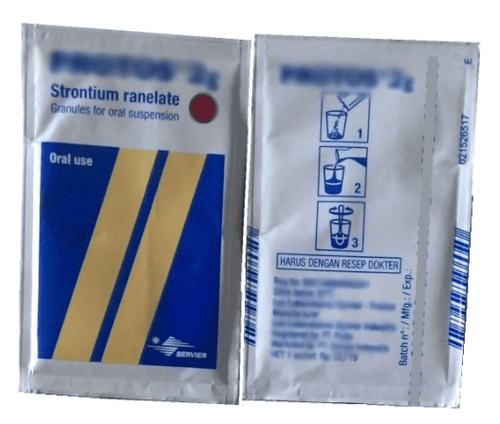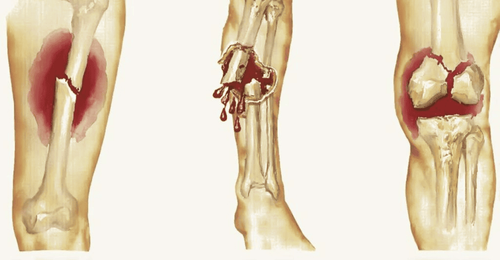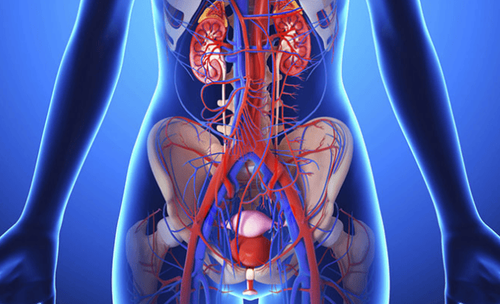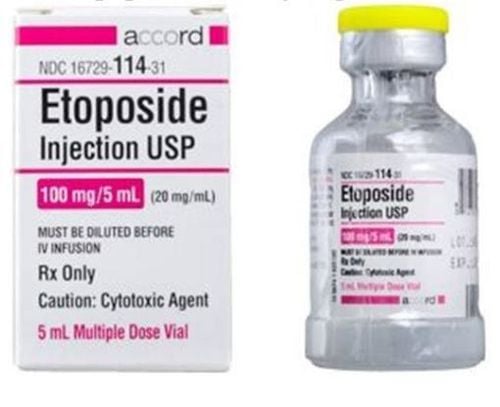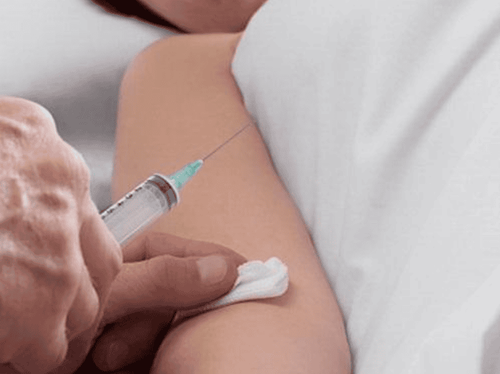This is an automatically translated article.
The article was written by Specialist Doctor I Nguyen Thi Minh Thuyen - Pathologist, Laboratory Department - Vinmec Danang International General Hospital.There are many ways to treat prostate cancer. The main treatments are observation, active surveillance, surgery, radiation therapy, hormone therapy, and chemotherapy. Sometimes patients receive more than one treatment.
1. What treatments do I need?
The best treatment for you will depend on:Your age Any other health problems you have The stage and histology of the cancer Your feeling (and your doctor's) about your need for treatment cancer treatment Chances of treatment will cure cancer Your feelings about possible side effects with treatment 1.1 Follow-up Because prostate cancer often grows very slowly, some men, especially especially those who are older and have other health problems, may never need treatment at all.
Doctors can plan to monitor cancer without treatment. This can be done if the cancer is small, doesn't cause any problems and seems to be growing very slowly.
1.2 Active surveillance Some young healthy men with small, slow-growing cancers may consider active surveillance, which means closer cancer monitoring and subsequent treatment if symptoms appear. presently.
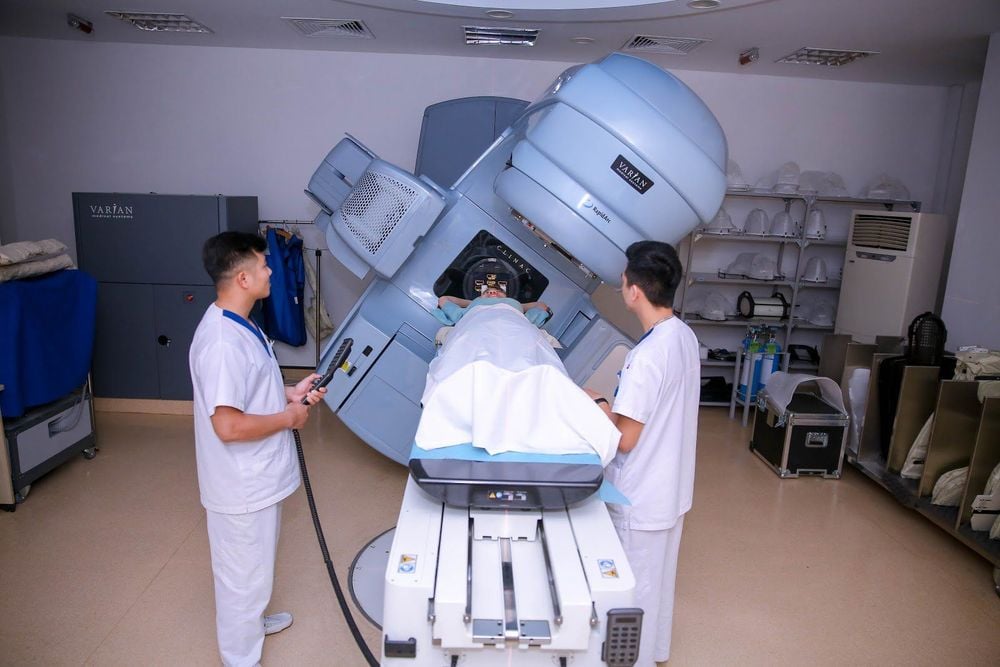
1.3 Surgery There are many types of prostate cancer surgery. Some ways to try to cure cancer; others to control cancer or improve symptoms. Talk to your doctor about what type of surgery is planned and what you can expect.
Side effects of surgery
Any type of surgery can have risks and side effects. Be sure to ask your doctor what you can expect. If you have any problems, let your doctor know so they can help you.
1.4 Radiation Therapy Radiation therapy uses high-energy rays (such as X-rays) to kill cancer cells. There are many ways to use radiation to treat prostate cancer. It can target the prostate gland from a machine outside the body. Or in some cases, small radioactive particles can be treated right into your prostate gland.
Side effects of radiation therapy
If your doctor prescribes radiation therapy, discuss possible side effects. Side effects depend on the type of radiation used. The most common side effects of radiation therapy to the prostate are diarrhea, stool leakage, or blood in the stool; increased urination, urine leakage, burning when urinating, or blood in the urine; erection problems; feeling very tired.
Most side effects improve after finishing radiation therapy. Some may last longer. Talk to your doctor about what you can expect.
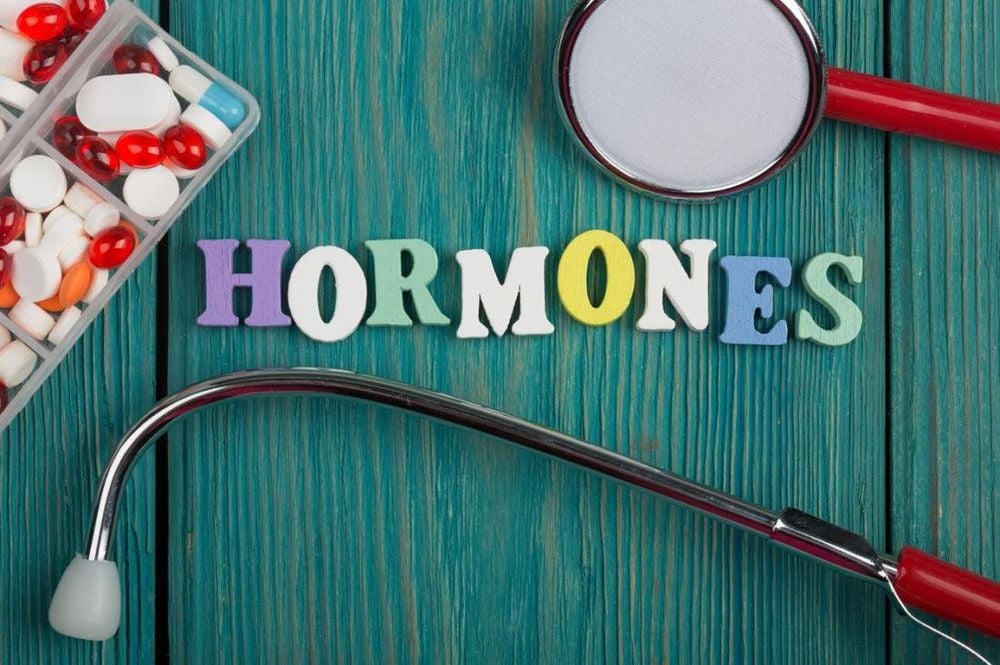
1.5 Endocrine (hormone) treatment This treatment reduces the levels of male hormones (androgens) or stops them from working. Hormonal treatment often causes prostate cancer to shrink or grow more slowly. But hormone therapy does not cure prostate cancer. If you're going on hormone treatment, ask your doctor what you can expect. Hormonal Treatment Side Effects
Changes in hormone levels can cause side effects such as decreased sex drive, erectile dysfunction, hot flashes, osteoporosis, and weight gain. Talk to your doctor about what you can expect from hormone treatment.
1.6 Chemotherapy is the use of drugs to fight cancer. The drugs can be administered intravenously or orally. These drugs enter the bloodstream and travel throughout the body. Chemicals are used in cycles, after each treatment cycle there is a rest period.
Chemo is commonly used to treat cancer that has spread outside the prostate gland, but is not indicated for early prostate cancer.
Chemotherapy side effects
Chemo can make you feel very tired, upset stomach and hair loss. But these problems go away after the treatment ends.
There are ways to treat most of the side effects of chemotherapy. If you have side effects, let your doctor know so they can help you.
1.7 Medicines to treat cancer that has spread to the bones If prostate cancer spreads to other parts of the body, it usually spreads to the bones first. Areas where cancer has spread can cause pain and weak bones can break.
Medicines that can help strengthen bones and reduce the risk of fractures are bisphosphonates and denosumab . Sometimes, radiation therapy, radiopharmaceuticals, or pain relievers are used to control pain.
Side effects of drugs used to treat bone metastases
A serious side effect of bisphosphonates and denosumab is jaw destruction, also known as osteonecrosis of the jaw (ONJ). Most patients will need to get approval from their dentist before using one of these medications.
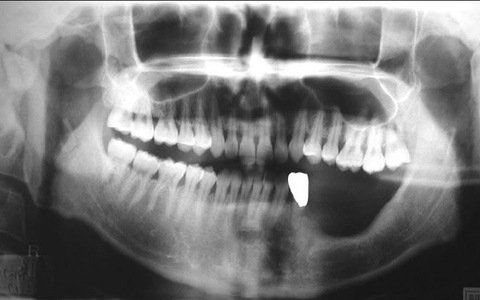
2. In addition to the above methods, what other methods are there to treat prostate cancer?
When you have cancer, you may hear about other ways to treat cancer or treat symptoms. This may not always be the standard medical treatment. They can be vitamins, herbs, special diets and other things. You may have questions about these treatments.
Some of these methods are supportive, some are not, even harmful. Talk to your doctor about anything you're thinking about taking them, whether it's a vitamin, diet, or anything else.
Questions to ask the doctor
What treatment do you think is best for me? What is the goal of this treatment? Do doctors think it can cure cancer? Does treatment include surgery? If so, who will do the surgery? What will the surgery be like? Will I also need other treatments? What are the goals of these treatments? What side effects might I have from these treatments? What can I do about side effects I may have? Does the doctor know anything about special vitamins or diets that my friends tell me? How do I know if they are safe? How early should I start treatment? What should I do to get ready for treatment? Is there anything I can do to make the treatment more effective? What is the next step?
3. What will happen after the treatment?
You will be delighted when the treatment is over. But it's hard not to worry about the cancer coming back (recurring). Even if the cancer doesn't come back, people still worry about it. For many years after treatment ends, you will still need to see your oncologist for follow-up visits. At first, you'll have follow-up visits every few months, then gradually reduce the distance and number of visits, get checked, have blood tests and possibly other tests to see if the cancer has come back.
Having cancer and dealing with treatment can be difficult, but it can also be a time to see life in new ways. You can think about how to improve your health, talk to your cancer care team to find out what you can do to feel better.
You cannot change the fact that you have cancer. What you can change is how you live the rest of your life - make choices and feel the best you can.
Please dial HOTLINE for more information or register for an appointment HERE. Download MyVinmec app to make appointments faster and to manage your bookings easily.
Article referenced source: American Cancer Society





